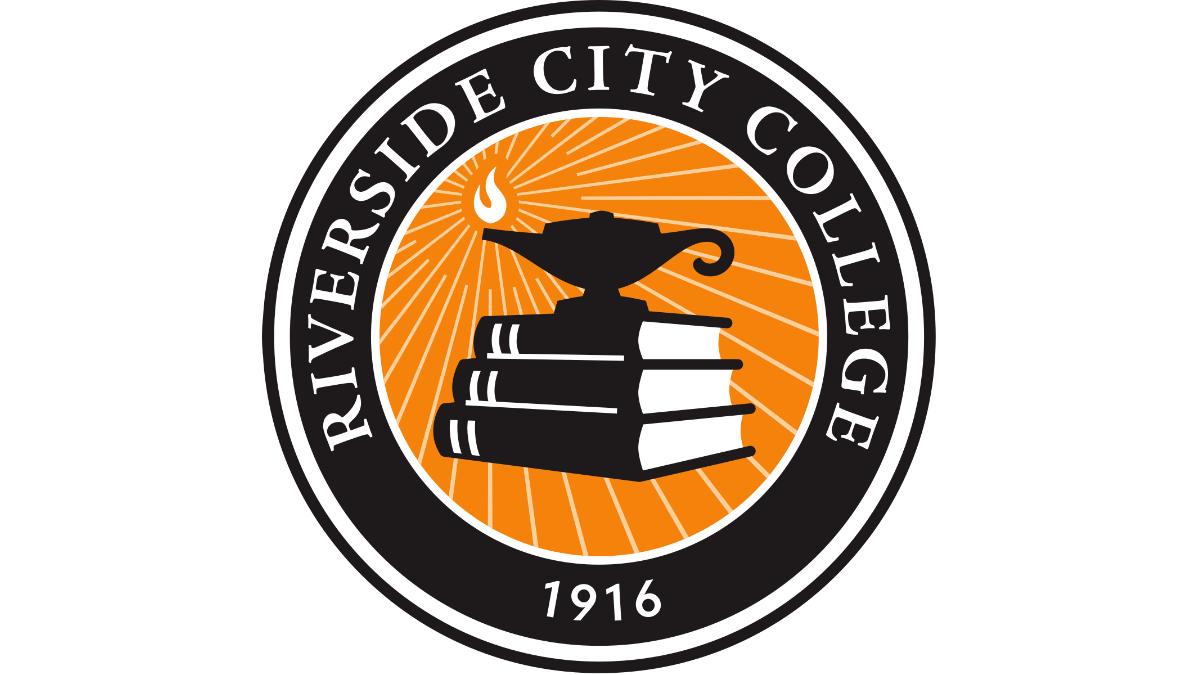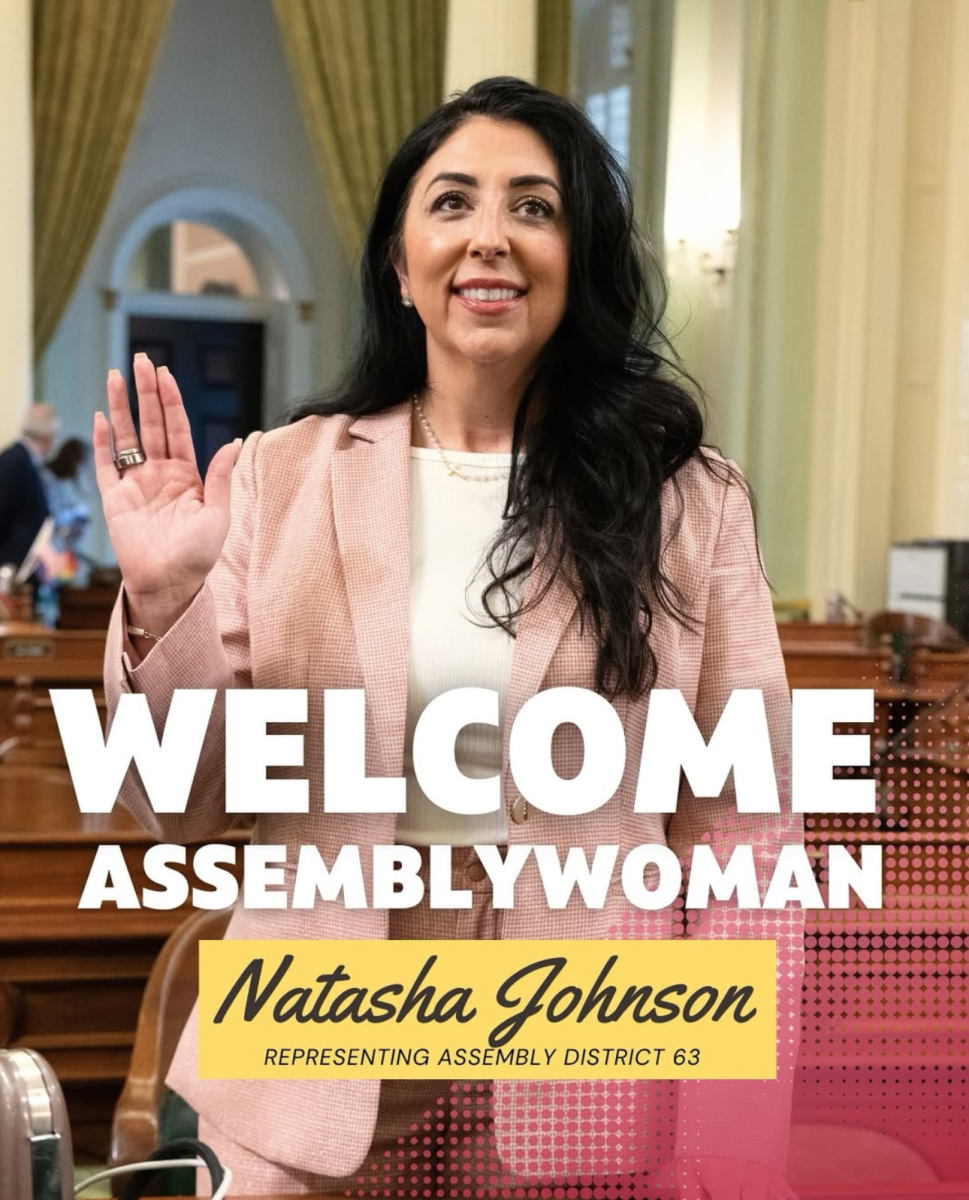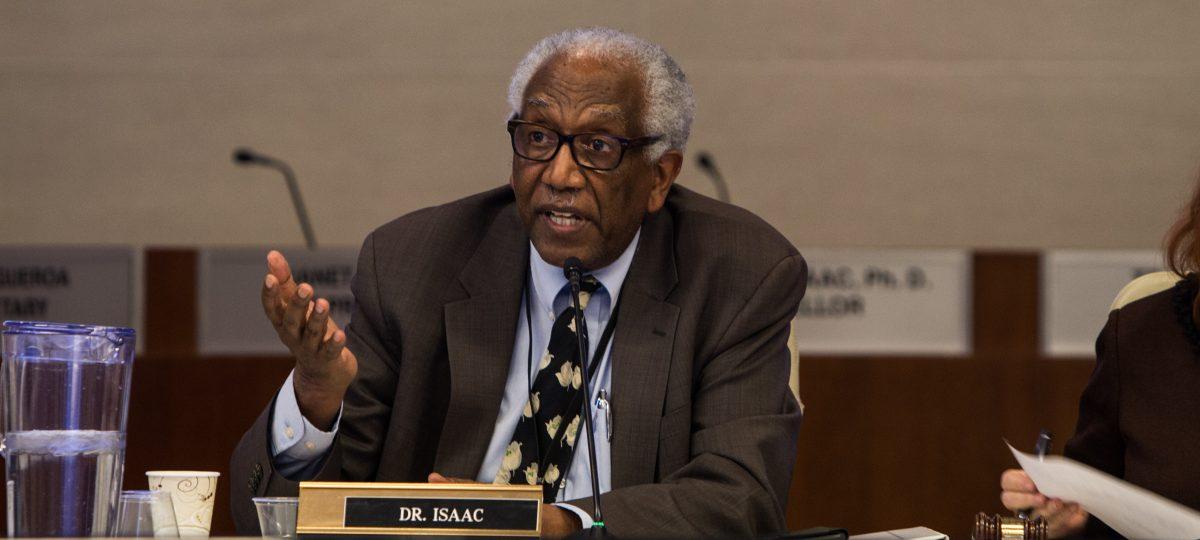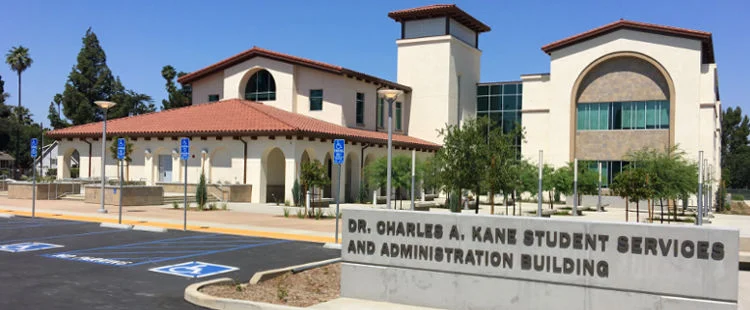By Leo Cabral
Plans are underway to create a technical trade training program center for Riverside Community College District.
The center is still in the planning stage, but the Board of Trustees envision the Inland Empire Technical Trade Center (IETTC) will address poverty, equity and access by providing a way for underserved populations within the district to gain valuable skills directly applicable to the workforce.
“Some time back, I had mentioned to (the) Senate that we were exploring the concept of expanding the apprenticeship of ‘learning while earning,’ proposing a trade tech center for the Inland Empire,” Chancellor Wolde-Ab Isaac said at the Riverside City College Academic Senate meeting Oct. 25. “And we have had a discussion with the constituencies with political representation in Sacramento and in Washington.”
Rep. Mark Takano, D-Riverside, requested $1.5 million from the House Appropriations Committee for the center April 28, among other funding requests, stating the “funding would be used to develop the comprehensive educational and facilities master plans and to develop the project’s infrastructure plan.”
Debra Mustain, interim executive director of workforce and economic development and entrepreneurship for Norco College, has been involved in outlining the center since late 2020 and led the IETTC presentation at the Academic Senate meeting.
“What you’re learning in class is reinforced by what you’re doing on the job,” Mustain said in an interview Oct. 28. “I think for most students, it makes learning so much better when they can contextualize what they’re learning.”
Mustain said the new center is expected to increase attendance and enrollment, helping to offset district recent challenges. It will also work complementary to existing career education programs throughout the district.
According to Isaac, the district’s overall full-time enrollment rate is 55.7%. Moreno Valley’s full-time instruction rate stands at 59.46%, Norco College’s stands at 48.6% and RCC’s stands at 57.34%.
Mustain said Jurupa Valley is considered a possible location for the IETTC due to its proximity to the district’s service region and the notable inequities in the area. She said in her presentation that the region has a low rate of bachelor’s degree attainment among residents and a high poverty rate.
According to census data, Jurupa Valley has a bachelor’s degree attainment rate for people over 25 of 9.7%, while Riverside and Moreno Valley have a rate of 12.6% and 10.8%, respectively.
“It’s being set up to serve people who haven’t thought about going to college,” Mustain said. “… This is to serve a population that is out there that’s not making enough money to survive, or that can’t get to one of our existing campuses or that is maybe worried that they aren’t going to be successful in college.”
A couple Academic Senate representatives addressed that they wish to be present at the conceptualization phase and all phases of projects like the IETTC.
“This is instruction that’s going to be done in our district, which will be done by our faculty,” Mark Sellick, RCC and RCCD Academic Senate president, said. “Faculty are not just the instructors in this equation. But you know, those of us who are in this Academic Senate, are charged with overall strategic planning for the colleges in the district. I find it troubling that we’re getting this roll at this point.”
He opened discussions about how the chancellor, the Board and the Academic Senate can collectively collaborate on how to make the center work. Isaac mentioned that all the Career and Technical Education deans were involved in discussions about the IETTC.
“I do want to stress that I agree with Mark Sellick’s concern about faculty not being involved in the early stages,” Jennifer Floerke, Moreno Valley College Senate president, said. “For example, I understand the CTE deans were invited to these conversations. Our CTE dean retired. And now all that is maybe lost … but in fact it’d be really helpful if faculty were brought on board to that conversation … This way our faculty are aware of the plans and can contribute early on.”
Isaac said that the IETTC is a “much bigger program that will require much larger development.”
“I believe that the district recognizes that faculty are essential in moving good ideas to solid plans for execution,” Mustain said. “Their perspectives, expertise, and experience have collectively shaped RCCD. I’m confident that the organization will continue to rely on them as leaders and experts in bringing this (IETTC) idea to life in a way that addresses important questions of equity, access, and economic success for residents in Jurupa Valley and across our region.”
The IETTC is an ongoing project that the district hopes to make a reality in the near future.













